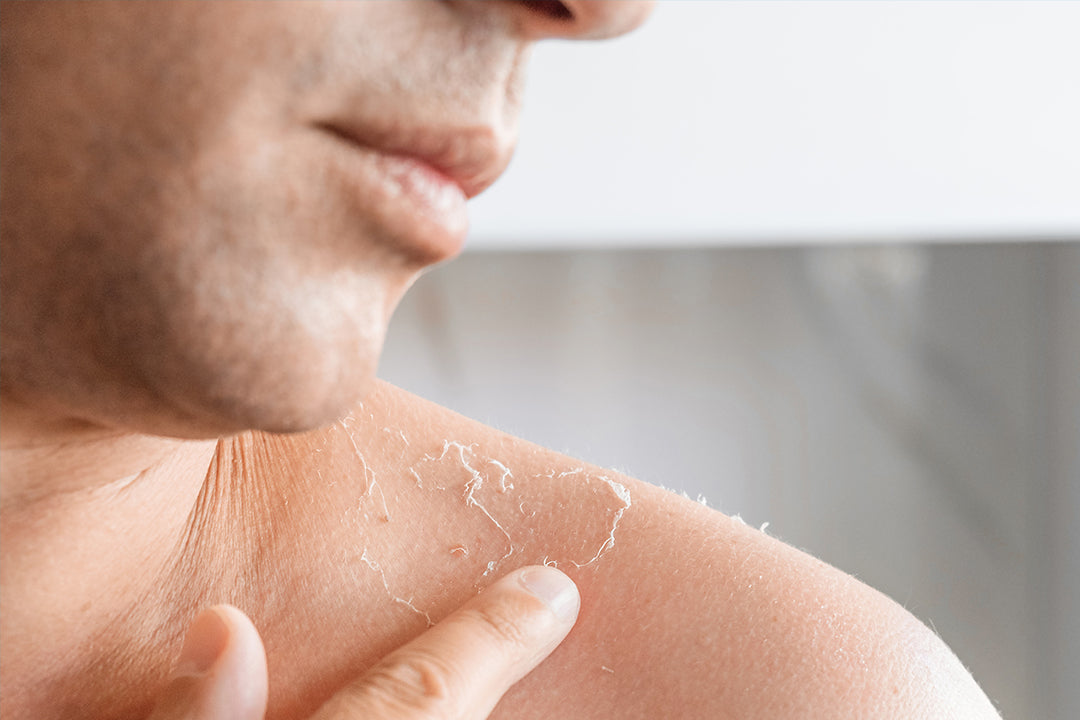Are you struggling with acne and looking for a natural solution to clear your skin? You're not alone. Acne is a common skin problem that can cause bumps and blemishes on the surface of your skin. While hormonal changes are often the main culprit behind acne, research suggests that diet can also play a significant role in the development and severity of acne.
What is Acne?
Acne is a skin condition that occurs when the hair follicles become clogged with oil and dead skin cells. This can result in the formation of various types of bumps, including whiteheads, blackheads, pimples, and cysts. Acne commonly appears on the face, chest, back, and shoulders.
What Causes Acne?
Hormonal changes, particularly during puberty, are a major contributing factor to acne. Increased levels of androgens, a type of hormone, can lead to an overproduction of oil in the skin. Other factors that can contribute to acne include genetics, stress, certain medications, and environmental factors.
How Does Diet Affect the Skin?
While the relationship between diet and acne is complex, numerous studies suggest that certain foods can worsen or improve acne symptoms. Research indicates that high-glycemic diets, which are rich in refined carbohydrates and sugary foods, may increase the risk of developing acne. These foods can cause a spike in blood sugar levels, leading to increased insulin production and inflammation, both of which can contribute to acne.
On the other hand, low-glycemic diets, which consist of foods that release sugar slowly into the bloodstream, have been associated with a lower risk of acne. Such diets include whole grains, fruits, vegetables, and lean proteins. These foods provide essential nutrients and have a more favorable impact on blood sugar levels and insulin production.
What Foods are Believed to Help Your Skin?
Several foods have been suggested to have potential benefits for acne-prone skin:
- Zinc: This essential mineral has anti-inflammatory properties and may help reduce acne symptoms. Foods rich in zinc include oysters, lean meats, legumes, and nuts.
- Vitamins A and E: These vitamins have antioxidant properties and may help protect the skin from damage. Foods high in vitamin A include carrots, sweet potatoes, and spinach, while vitamin E can be found in nuts, seeds, and vegetable oils.
- Antioxidants and Omega-3 Fatty Acids: Antioxidants can help fight inflammation and oxidative stress, both of which play a role in acne. Foods rich in antioxidants include berries, dark chocolate, and green tea. Omega-3 fatty acids, found in fatty fish like salmon and sardines, can also have anti-inflammatory effects.
Do Any Studies Show That These Foods Help Your Skin?
While more research is needed, several studies have suggested a potential link between diet and acne:
- A study published in the Journal of the Academy of Nutrition and Dietetics found that a low-glycemic diet reduced acne severity and improved insulin sensitivity in participants.
- Another study published in the Journal of Dermatological Science demonstrated that zinc supplementation reduced acne symptoms in individuals with moderate to severe acne.
- A review of studies published in the Journal of Clinical and Aesthetic Dermatology suggested that consuming omega-3 fatty acids and antioxidants may have a beneficial effect on acne.
The Bottom Line
While diet alone may not be a cure for acne, it can play a significant role in managing and improving acne symptoms. Adopting a low-glycemic diet, incorporating foods rich in zinc, vitamins A and E, antioxidants, and omega-3 fatty acids, and avoiding high-glycemic foods may help reduce inflammation, regulate hormone levels, and promote healthier skin.









